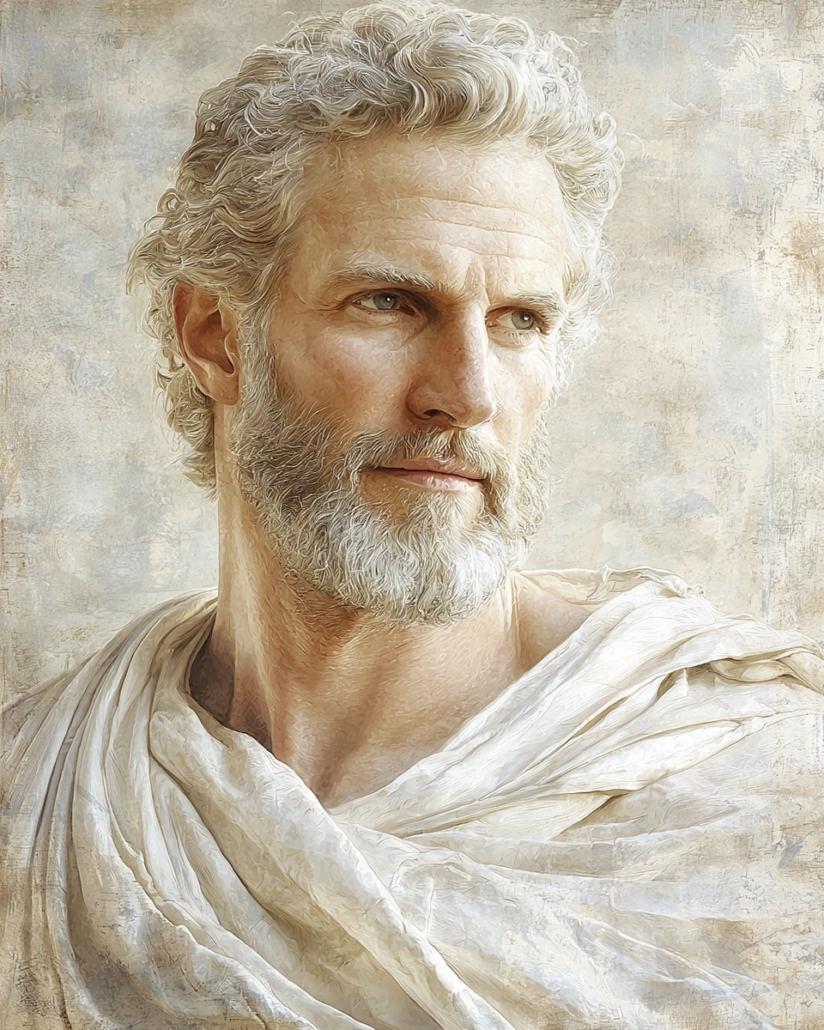Publius Egnatius Celer: A Stoic’s Journey of Principle and Paradox 🛡️
Life and Teachings
Publius Egnatius Celer (1st century AD) was a Stoic philosopher whose legacy is both significant and controversial. While initially revered for his adherence to Stoic principles, Celer is most infamously remembered for his betrayal of his teacher, the eminent Stoic Thrasea Paetus, which led to Thrasea’s execution under Nero’s reign.
Historical Context and Influence
Celer was a devoted student of Thrasea Paetus, one of the leading Stoics of his time. As a prominent figure in Nero’s Rome, Celer’s reputation took a dramatic turn when he became an informant against Thrasea, a betrayal that shocked the Stoic community. This act, seen as antithetical to Stoic virtues, became a cautionary tale about the importance of moral consistency. Deepen: Wikipedia
Why are his teachings and views so valuable?
Though his actions are widely condemned, Celer’s story serves as a stark reminder of the Stoic commitment to integrity and virtue. His life underscores the dangers of straying from philosophical principles in favor of personal gain, offering a lesson in the importance of aligning knowledge with action. Read more: Stoicism Today
Key Teachings
Before his betrayal, Celer advocated some of the core tenets of Stoicism:
- Virtue as the highest good: The foundation of a meaningful life.
- Self-control: Mastering one’s emotions and impulses.
- Practical philosophy: Knowledge must translate into ethical action.
Legacy
- “Celer’s betrayal remains a cautionary tale for philosophers and students alike.”
- “His actions highlighted the disconnect between intellectual understanding and moral conduct.”
- “Celer’s story inspired later Stoics to emphasize the unbreakable link between philosophy and action.”
Stoic cardinal virtues that he embodied
In his earlier years, Celer appeared to embrace the cardinal virtues of Stoicism:
- Wisdom: Gained through the study of philosophy.
- Courage: Facing challenges with steadfastness.
- Justice: Upholding fairness and truth.
- Temperance: Maintaining balance and self-discipline.
Quotes attributed to him
While no direct quotes from Celer survive, his life imparts these implicit lessons:
- “Virtue is tested not in words, but in actions.”
- “To betray one’s principles is to betray oneself.”
- “Philosophy without integrity is a hollow pursuit.”


